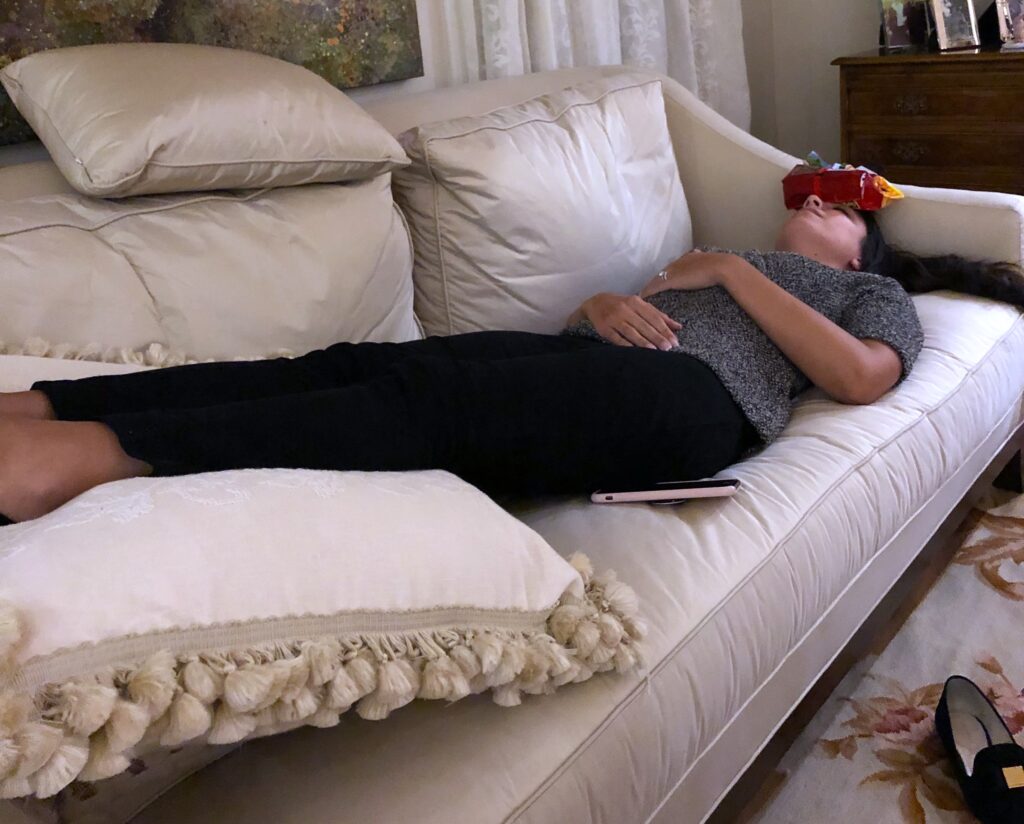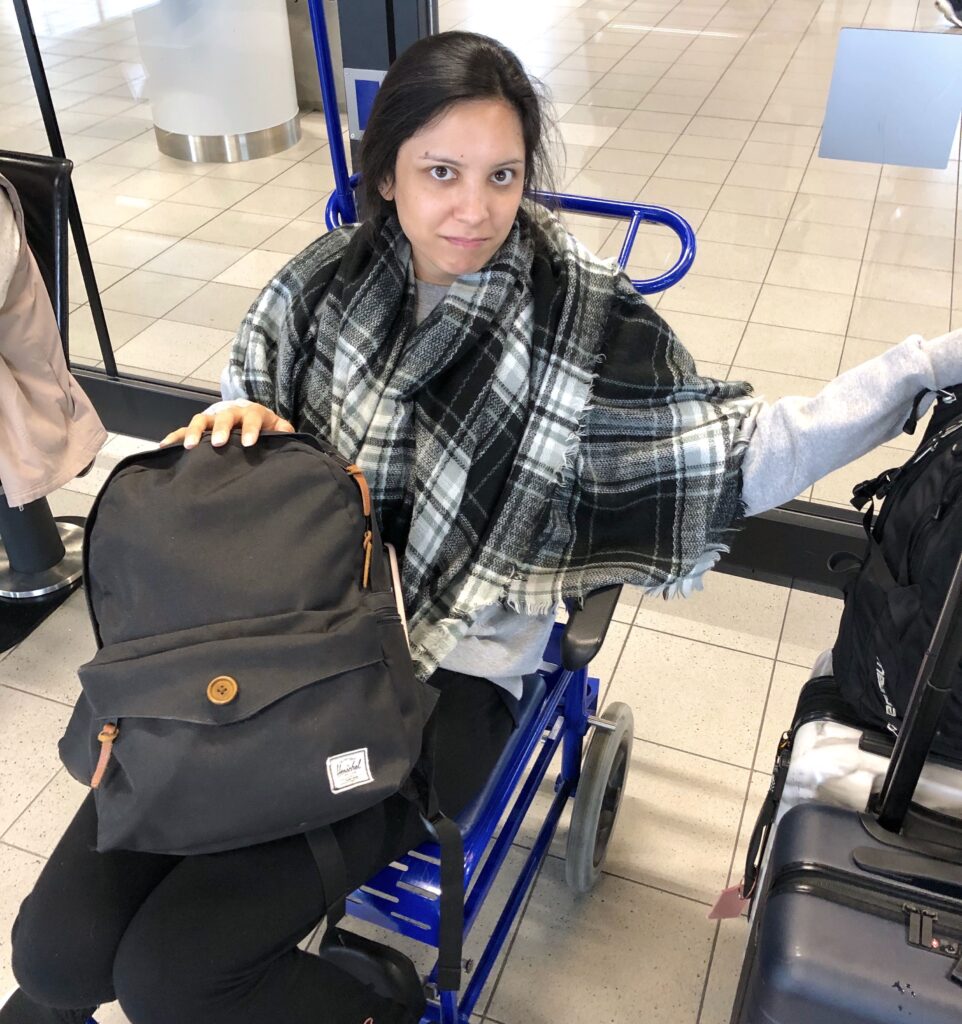Dysautonomia Awareness
October is Dysautonomia Awareness Month, and while I have SEVERAL posts that are way overdue (read: having a bachelorette party, getting married, going on our honeymoon), I wanted to prioritize this one before the month is over.
In case you didn’t already know, I have something called POTS, or Postural Orthostatic Tachycardia Syndrome. You can read a bit more about it here on my blog, or you can check out this video to learn more about what POTS actually is. In short, my autonomic nervous system does not function properly and can cause a multitude of symptoms as well as syncopal episodes (which you can also read more about here).
I know I have talked about what having POTS means to me, but for Dysautonomia Awareness Month, I wanted to talk about what it’s like on a more regular basis and how/why that reality is not often shared or discussed.
Please keep in mind that POTS or any health-related experiences are different for everyone. What I experience may not necessarily be what others experience, whether related to POTS or not.
I can’t tell you how many times we have been out with friends or out in public and I have had to discreetly tell my husband that something is wrong. Why discreetly? Why not just tell everyone I am with that I am not feeling well and need to excuse myself? There are a lot of reasons. In my personal experience, the more often you talk about something, specifically about not feeling well, the less believable it is to others over time. I have found that the more often I disclose when I am not feeling well, the more people assume that it’s not a big deal, that it is easy to handle, or that I am a hypochondriac.
Secondly, if you are about to pass out, one of the few solutions to regaining consciousness and/or preventing actual syncope is laying flat with your feet raised. As you can imagine, where I am at any given time is not always conducive to laying down (although, I suppose this doesn’t matter much, because if I actually do pass out, eventually I would end up lying down anyway . . .).
Lastly, sometimes it just isn’t practical. When you feel like you are 3 minutes away from passing out or needing to take medicine before it’s too late, having to explain why and what POTS is, isn’t the most effective solution. Sometimes simply being quiet and pretending everything is OK while you secretly take a seat and take some medicine, is.
A couple things usually happen that indicate to me that something is wrong. Sometimes, I start noticing myself overheating. Other times, I notice severe nausea and GI tract shut down. It’s not that often that the first indication that I am having an episode is the fact that I am losing consciousness. That said, sometimes I overheat or get nauseous and nothing else happens, but the second that gets worse or is followed by full-body tremors, lightheadedness, tunnel vision, or ringing in my ears, I know I need to act fast.
This is a very tricky game to play because “acting fast” generally either means lying down, taking medicine, or doing both. Once I do “act fast” I normally won’t start feeling better for about 30-40 minutes after doing either of those things anyway.
In reality, sometimes “acting fast” means gently excusing myself from a conversation, quickly taking some medicine and sitting down in a chair for a little while. Other times, it means suddenly breaking out in a cold sweat, promptly squeezing J’s hand so that he knows why I am running off, and finding the nearest place to sit down (sometimes a bathroom stall, sometimes the floor) just so I can start to regain my vision and hearing.
I am sharing this to say that life isn’t always convenient or Instagram-pretty. And for someone with dysautonomia, this isn’t necessarily evident to those around them. People with invisible illnesses don’t always want to share their day-to-day challenges and in certain situations, sometimes they may even feel like they can’t. Additionally, not many people want to taint their social media and their seemingly perfect life with the reality of struggle and pain. But today, I do. This month, I do.
I had two episodes recently and I asked J to take photos of the reality of what happens behind the veil of nervous smiles and Instagram because sometimes sharing the hard moments is just as important as sharing the good ones. Even if you or someone you know isn’t currently going through fighting an invisible illness, you never know what someone’s daily challenges are. You also never know when you may need to get a wheelchair for a passenger on an airplane or get a frozen bag of french fries for your wife’s head.


Giulia ♥





